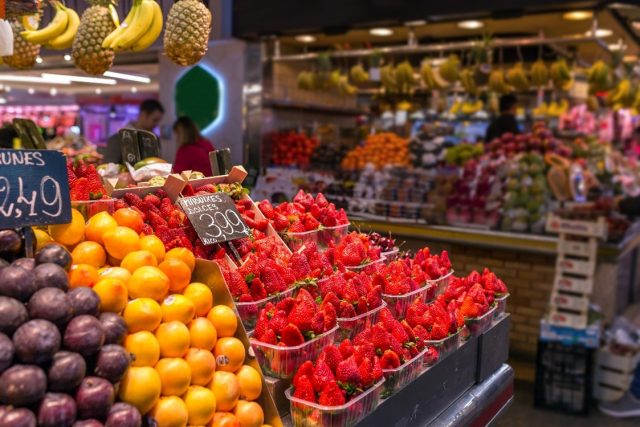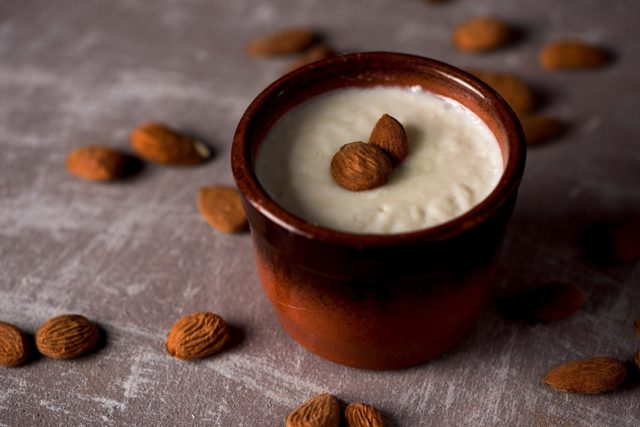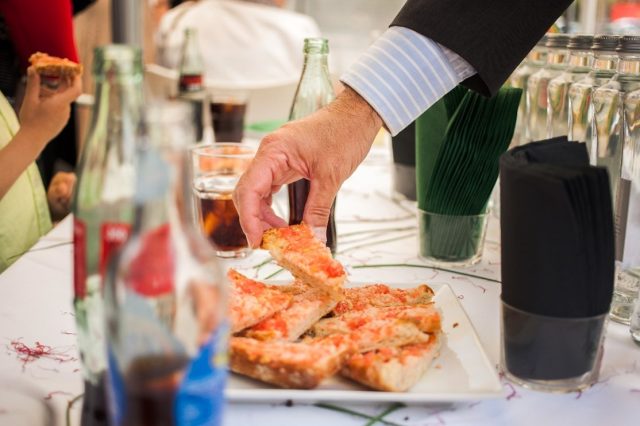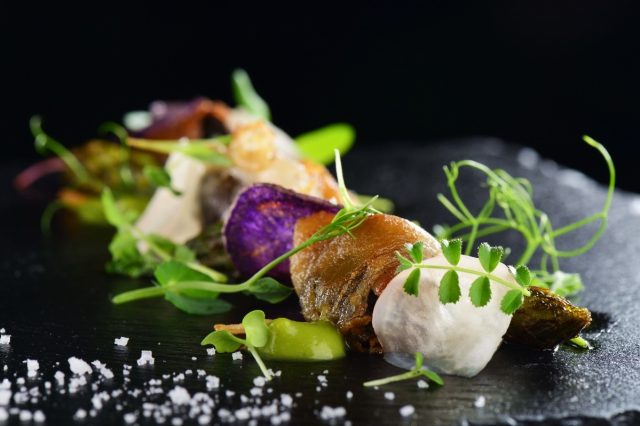In 2025, Catalonia is recognised as the World Region of Gastronomy, a well-deserved accolade that acknowledges its rich culinary heritage. Not only does this honour celebrate Catalonia’s gastronomic excellence, but it is also the first time a European region has been granted this distinction.
This prestigious title will further elevate Catalonia’s reputation on the global stage, shining a spotlight on its diverse and deeply rooted food culture. Thanks to its strategic location, Catalonia has had access to a wide variety of ingredients over the centuries, fostering a thriving culinary tradition and an eclectic array of flavours.

Catalonia’s gastronomic legacy dates back centuries, with the first known Catalan cookbook, Llibre de Sent Soví, appearing in the 14th century. Many of the recipes from this period have endured with only minor modifications to enhance flavour and texture. A prime example is Menjar blanc (also known as menjablanc), a delicate dessert similar to panna cotta, which has counterparts across Europe. The UK’s version, blancmange, is often served in a distinctive pink hue.

Catalan cuisine has evolved through layers of historical influence. The Romans introduced staples such as olive oil, wine, and bread, alongside methods of preserving meat and fish.
The 8th century saw the arrival of Moorish traditions, with rice and aromatic spices becoming essential components of Catalan cooking. Over time, Italy and France also left their imprint on both the language and the cuisine of the region.
With colonial expansion, a new wave of ingredients from the Americas—tomatoes, potatoes, peppers, and chocolate—enriched Catalan recipes. One such dish, pa amb tomàquet (bread with tomato), remains a cornerstone of Catalan dining, epitomising the region’s emphasis on simplicity and high-quality produce.

The 20th century marked a renaissance in Catalonia’s gastronomy scene, fuelled by urbanisation and cultural movements supported by artists and writers.
This resurgence was further propelled by pioneering chefs like Ferran Adrià and Jordi Artal, who introduced avant-garde techniques and redefined contemporary cuisine. They also introduced El Bulli museum in the north part of the region, named after the homonymous restaurant. Their innovative approaches bridged tradition and modernity, securing Catalonia’s place at the forefront of global gastronomy.

Barcelona alone boasts over 80 Michelin-recognised restaurants, ranging from ultra-modern, deconstructed creations to classic dishes prepared with contemporary precision.
Girona, too, is a hub of culinary excellence, home to El Celler de Can Roca, which holds three Michelin stars and a prestigious Green Star for sustainability. Brothers Josep and Jordi Roca, who helm the restaurant, craft immersive dining experiences that highlight local ingredients and sustainable practices.
Contrary to common perception, these high-end establishments are not just exclusive venues but also platforms showcasing chefs’ creativity and ingenuity, elevating Catalan cuisine to new heights.
Beyond the renowned Michelin-starred establishments, Catalonia’s charm lies in its hidden culinary treasures. In the areas where Headwater has curated successful walking and cycling holidays, visitors can discover a wealth of exceptional dining experiences.
On this Headwater trip, you can truly soak up the flavours of Catalonia, stopping at one of the cafes in between cycling along rugged coastlines, through cork forests, and through medieval towns.

For those seeking an elegant yet timeless atmosphere, Pa i Raim in Palafrugell offers a unique blend of tradition and sophistication, set against a lush, green backdrop. Meanwhile, in Calella de Palafrugell, fine dining options include Sa Jambina, known for its exquisite presentations of traditional Catalan cuisine, and Casamar, which offers a more contemporary take on regional flavours.
However, some of the most memorable culinary experiences in Catalonia are found in the small, unassuming cafés and local eateries, where you can savour incredible nibbles, fresh drinks, and warm hospitality. Whether indulging in a leisurely meal after a day of exploring or discovering a tucked-away bistro, the culinary delights of Catalonia are sure to leave a lasting impression, creating unforgettable memories in this remarkable corner of Spain.
You can read more about the Region of Gastronomy award here – https://www.catalunya.com/en/continguts/article/world-gastronomy-region-2025-26-1-124.